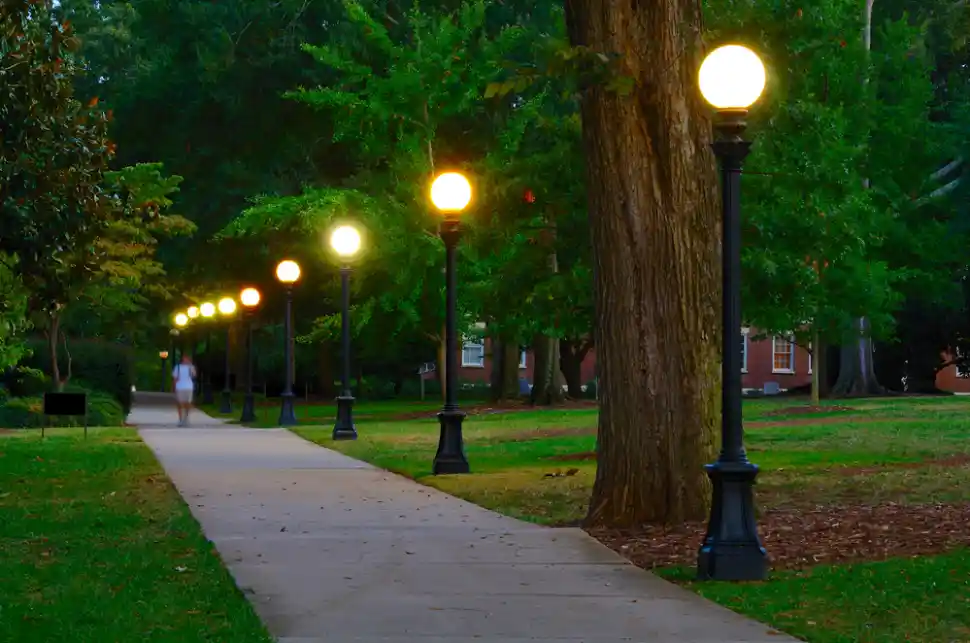Know Why Ivy League Universities Are Such A Huge Deal

In the world of good education, the name of Ivy League often pops up. We often hear students wanting to go to universities such as Harvard. Yale, and Cornell – because they are so good! To those who are hearing this term for the first time, I am talking about those universities which have historically been at the top of their game and can be found among the best in the world. This means they open doors to knowledge and a bright future.
Today, while thinking about the many topics I could write on, this one stuck with me. It has come to my notice that a lot of us have very basic knowledge about these universities, together called the Ivy League, despite knowing how brilliant they are. So, I thought it apt to talk more about this group of elite universities and what makes them so worthwhile.
Here are a few pointers on the Ivy League that highlight why it is such a huge deal in the world of Higher Education.
-
The composition of the group
Naturally, the first thing you may ask is which universities are called Ivy League Universities. There is no surprise in here, as you are surely aware of all of them in one way or another. These universities are eight in number: Harvard University, Yale University, Columbia University, Princeton University, Dartmouth College, Brown University, Cornell University, and the University of Pennsylvania. These are all based in the United States but have a far-reaching, global reputation across academic and research circles.
-
Originally used in the context of sports
You might be surprised to know this but the first usage of the term Ivy League was made regarding sports. The term had been in use for quite some time but it became official only after the foundation of the NCAA Division I athletic conference in the year 1954. These universities came together to form a sports league. This is why many assume that those admitted to any of these universities are surely inclined towards sports. Well, these assumptions are also encouraged by the fact that these universities have produced many overachievers in sports.
-
They are highly competitive and only accept those with exceptional merit
Shouldering such an immensely lauded reputation is a task these universities have to carry out. They only accept the few best from the world, and even that process is cut-throat and quite nerve-racking. Let me give you some facts about how selective these universities can be. Columbia University, for example, only accepts 7 percent of the total applicants; Dartmouth College is only marginally less strict and accepts 11 percent of the applicants into its fold; Yale accepts just 6 percent of the total applicants; and Harvard, well understandably, accepts just 5 percent. So, imagine how fiercely competitive it is to make the cut.
-
Highly expensive and resourceful
All of these universities are very expensive to study at. From tuition fees to accommodation, a student without a scholarship or in absence of strong financial background will find it extremely challenging to sustain herself. That being said, these universities manage some of the largest endowment income which enables them to offer scholarships quite generously regardless of financial need. For instance, the endowment income of Harvard University is the largest of its kind for an academic institution. Moreover, their alumni base is among the largest and wealthiest in the world, and they assist in many ways to guide students and researchers such as offering financial assistance.
-
Formidable alumni network
I have already mentioned the well-knitted and resourceful alumni base that Ivy League Universities maintain. From writers to nuclear scientists, they have produced all kinds of professionals. Their alumni base is as diverse and vast as it can get. Princeton University, for example, has been the home-ground of as many as 21 recipients of the National Medal of Science, more than 200 Rhodes Scholars, 137 Marshall Scholars, and many politicians. Cornell University, for instance, has had 61 Nobel Laureates, 1 Fields Medalist, more than 50 Olympic Medalists, and many billionaires. The strength of the alumni network is phenomenal, and this helps in providing a more accessible and directional environment to students.
Bring the best of the CEOWORLD magazine's global journalism to audiences in the United States and around the world. - Add CEOWORLD magazine to your Google News feed.
Follow CEOWORLD magazine headlines on: Google News, LinkedIn, Twitter, and Facebook.
Copyright 2025 The CEOWORLD magazine. All rights reserved. This material (and any extract from it) must not be copied, redistributed or placed on any website, without CEOWORLD magazine' prior written consent. For media queries, please contact: info@ceoworld.biz








